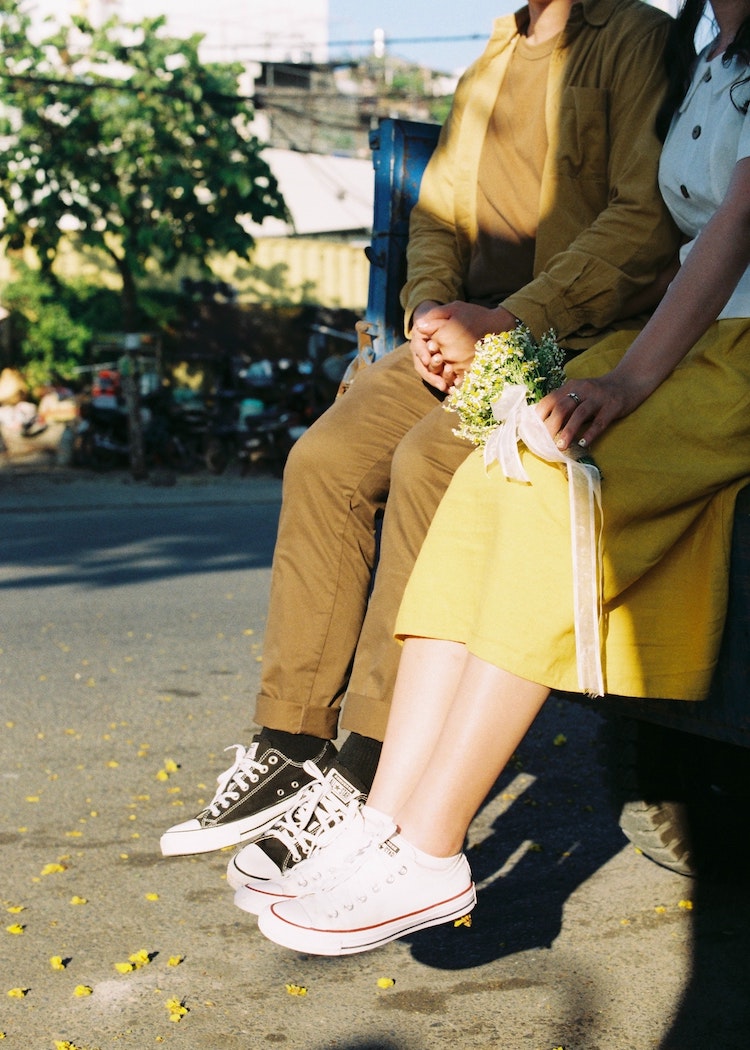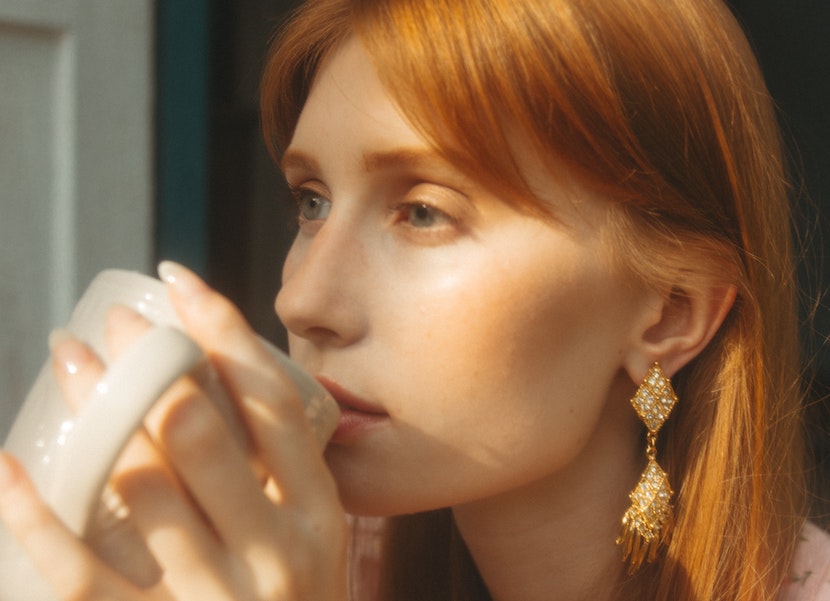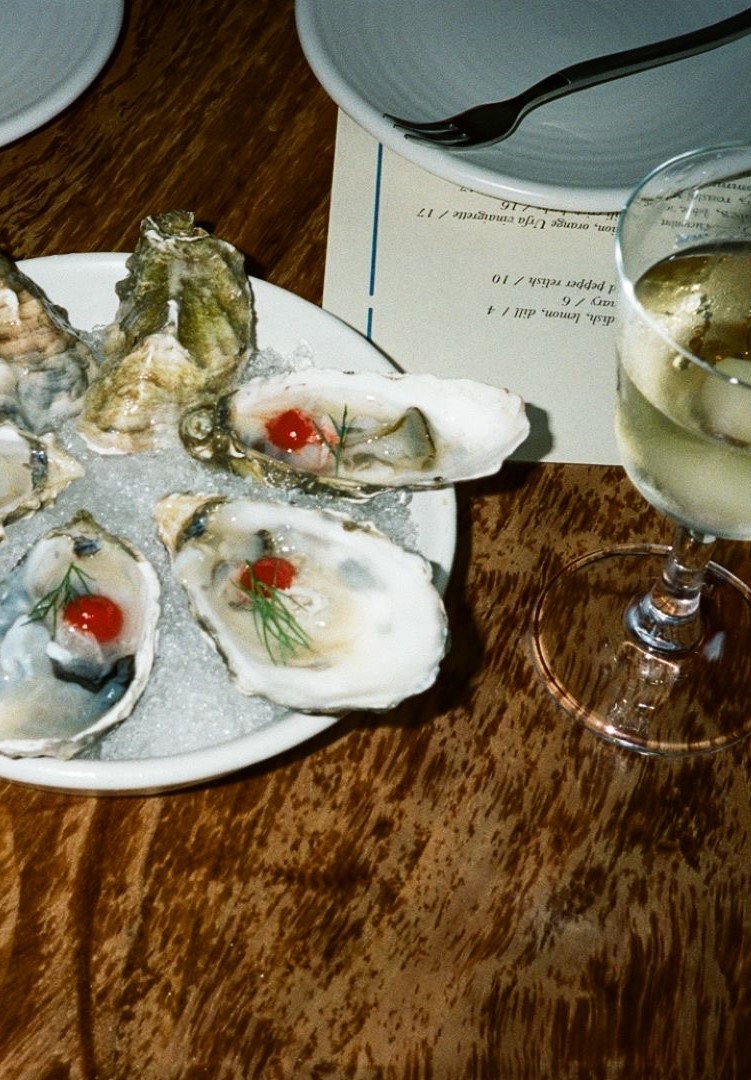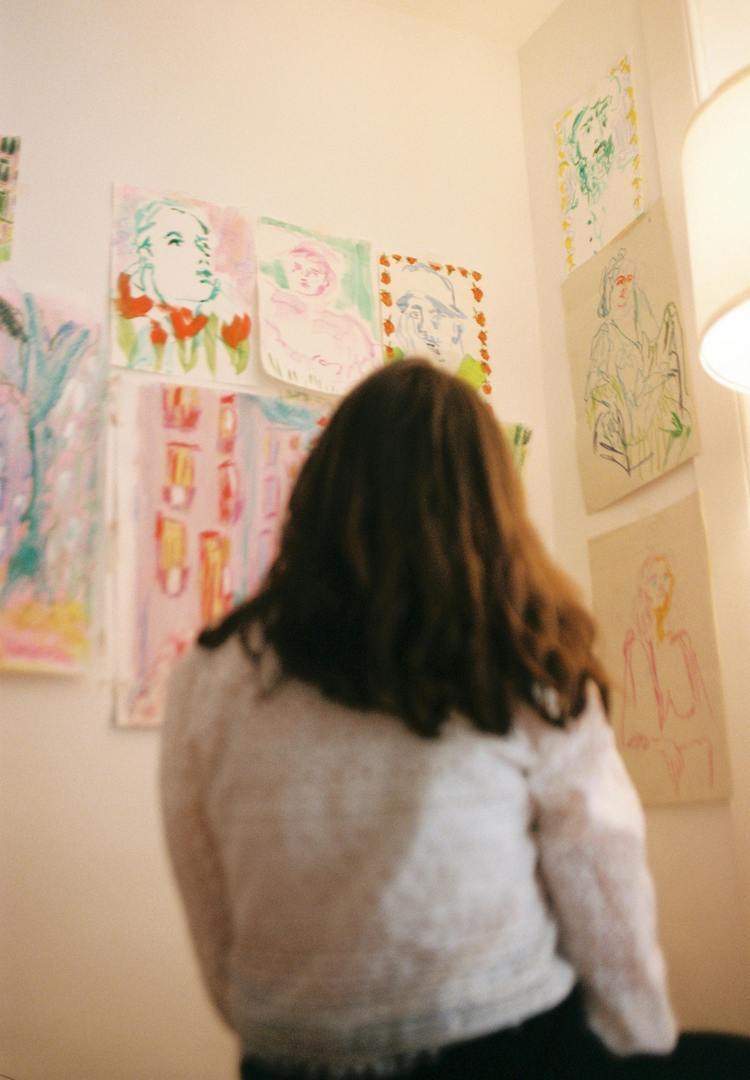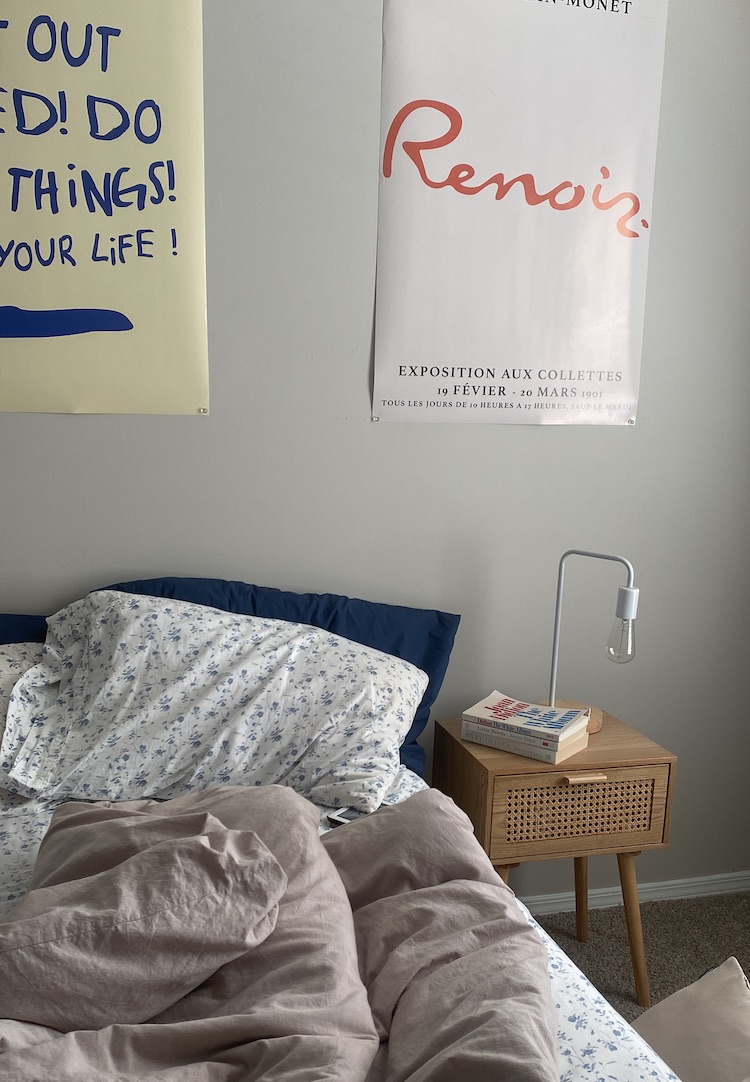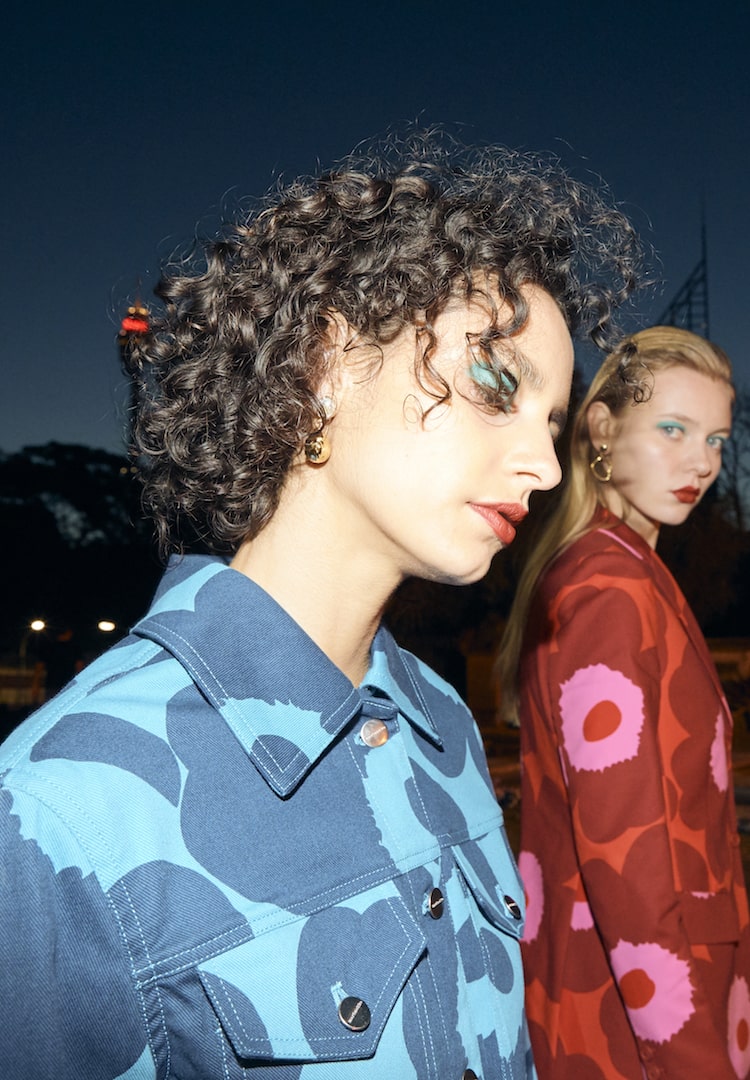What is an introvert hangover and how can you recover from it?
Words by Deana Stepanian
“Because of our less-active dopamine reward system, too much social activity often leaves us feeling tired and depleted.”
Taking refuge in the safe haven of the bathroom at a social function is common for introverts. When the overload of chatter suddenly becomes incomprehensible, you can find me perched on the cold tiles deep-breathing, or staring blankly at myself in the mirror until executing a classic Irish goodbye. And even then, no hair of the dog can cure the emotional hangover that comes the following day.
I’ve trialled my fair share of remedies to cure the utter exhaustion of an introvert hangover, some more questionable than others. From dissociating the day away to avoiding life’s responsibilities by disappearing both online and offline, the straining task of recovering from one is something I haven’t quite yet learnt.
Interested to hear how others navigate the world? Head to our Life section.
Don’t get me wrong, though, not every event leaves my social battery depleted. But when my weeks get busy and commitments start piling up, the after-effects are simply debilitating. An introvert hangover is basically the burnout felt by introverts after they spend too much time interacting with others.
As someone who identifies as an introvert, I often have my more extroverted friends tell me they admire my ability to enjoy long periods alone. What they sometimes don’t realise, though, is that I often retreat into these solitary phases not because I want to, but because it feels like I have to.
In Jenn Granneman’s book, The Secret Lives of Introverts, she speaks with experts who share how, unlike introverts, extroverts have a more active dopamine reward system. This essentially means extroverts get more energised and stimulated by the rewards that come with social interaction, while introverts are less interested in pursuing these levels of interplay. Because of our less-active dopamine reward system, too much social activity often leaves us feeling tired and depleted.
Jenn also writes that instead of chasing rewards, as extroverts do, introverts chase meaning. So, more quiet and simple activities might energise us, like having an intimate one-on-one conversation with a friend, rather than attending a crowded outing with dozens of new faces to take in. While extroverts can also seek more laidback circumstances and vice versa, Jenn recommends that a healthy balance usually consists of a mix of both.
In comparison to the regular head-throbbing brought on by drinking too much alcohol, there’s little talk about how to recover from an introvert hangover. If you’re like me and fluctuate between socialising and isolating, you might benefit from some tips on how to reclaim your energy. So, for the girlies who tend to enter hermit mode after one too many nights out, I scavenged the web for healthier alternatives to both avoid the funky rut altogether, as well as recover from it.
Prepare for alone time
At one stage of my life, I was in denial that I needed space to recover from the social fatigue I would experience after taking in too much stimulus. Now, instead of avoiding the well-needed time by myself, I revel in it. So, preparing yourself for what’s to come is key.
If you can sense and acknowledge you have too much on your plate, or that the next month will be full of birthdays and gatherings, intentionally schedule some time to revitalise yourself afterwards or in-between events. This can look like taking a yoga class followed by a day of watching your favourite comfort movie and indulging in a hearty meal, or simply lounging around and relaxing by yourself the following weekend. Whatever feels good for your mind and body.
Practice emotional and physical self-care
While pampering yourself with face masks is fun, engaging in some more practical forms of self-care is also super beneficial. Take yourself for a walk, or get outside to soak in some vitamin D. Nurturing yourself internally is important too, and can look like journaling, practising mindfulness and asking for any help from loved ones or a professional if you need more help recovering.
Identify your triggers
As I mentioned before, not every social event leads to an introvert hangover. Personally, I can attend one large outing and feel perfectly fine the next day, but when it comes to any more than that in a short period, it’s generally unavoidable. I’ve identified what sets the hangover off, and I try my best to prevent getting caught up in those situations.
Take some time to recognise what brings about the hangover. Is it that you consistently deny yourself the ability to say no to too many demands, or do you stay at events longer than you feel you need to? Notice any patterns or triggers, and slowly find ways to eliminate them, so you can recover quicker in the future.
Say no
If you’re experiencing an introvert hangover and are trying your best to recover, don’t get pressured to keep up with the demands that others might find easier to do. Saying no to invites just means putting your needs first, and the longer you avoid it, the longer it will take to fully recover (trust me). Once you re-energise yourself, you’ll be able to balance your social life with more clarity and zest.
Balance
Too much time spent alone is just as bad as too much time spent in the company of others. Don’t overdo it! If you start to feel like you’re past the recovery stage but are still hibernating, reach out to a close friend and lock in a low-key date to bring yourself back out of isolation.
For more signs on whether you might have an introvert hangover, try this.



